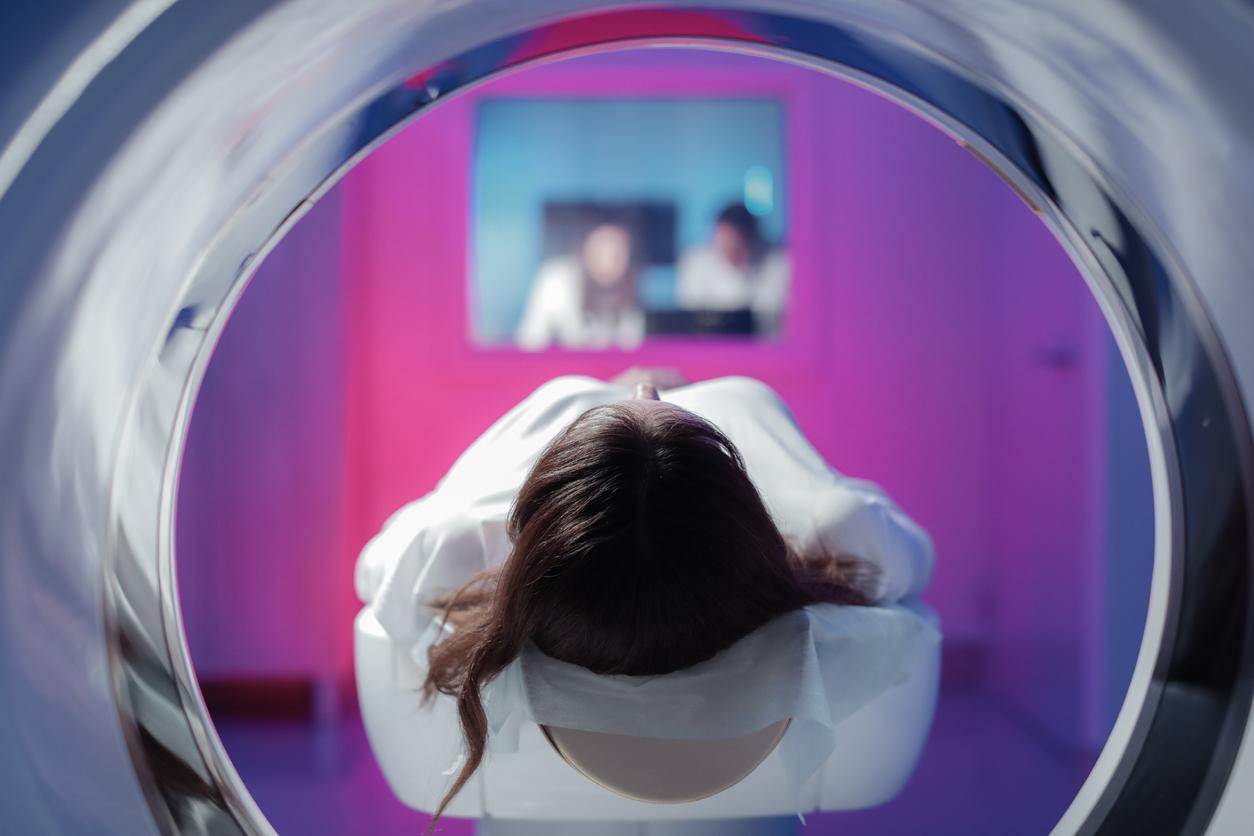Two babies are cured of their leukemia after experimental immunotherapy treatment. The researchers announce that their newly used method worked and allowed a remission of more than a year for the two girls, aged 11 and 16 months at the time of treatment. In their study published in Science Translational Medicine, they describe the steps necessary for this immunotherapy. This type of treatment has worked in the past on older children. This time it has benefited babies, which involves some adaptations.
Boost immune cells against cancer
Because babies did not have enough immune cells, scientists turned to donors. They took their white blood cells (cells of the immune system that fight against external agents and pathogens) to which they added a virus. This virus then expresses a gene directly in white blood cells, which become able to attack cancer cells. These super immune cells can then be injected back into the patient. However, it is first necessary to inactivate the gene which rejects foreign bodies in the two patients. The donor’s white blood cells will then no longer be considered enemies and the body will accept them. Their work can begin.
White blood cells fight cancer cells, helped by chemotherapy that both babies have taken. At the end of the treatment, when all danger had been ruled out, the girls received a bone marrow transplant to restore their personal immune system and evacuate the donor cells. Today they are doing well. This still experimental technique is the subject of clinical trials. If they are conclusive, it can be used on a larger scale.
To read also
New successes in gene therapy against leukemia
A new treatment for chronic myelogenous leukemia?
Leukemia: a new avenue against relapses
















